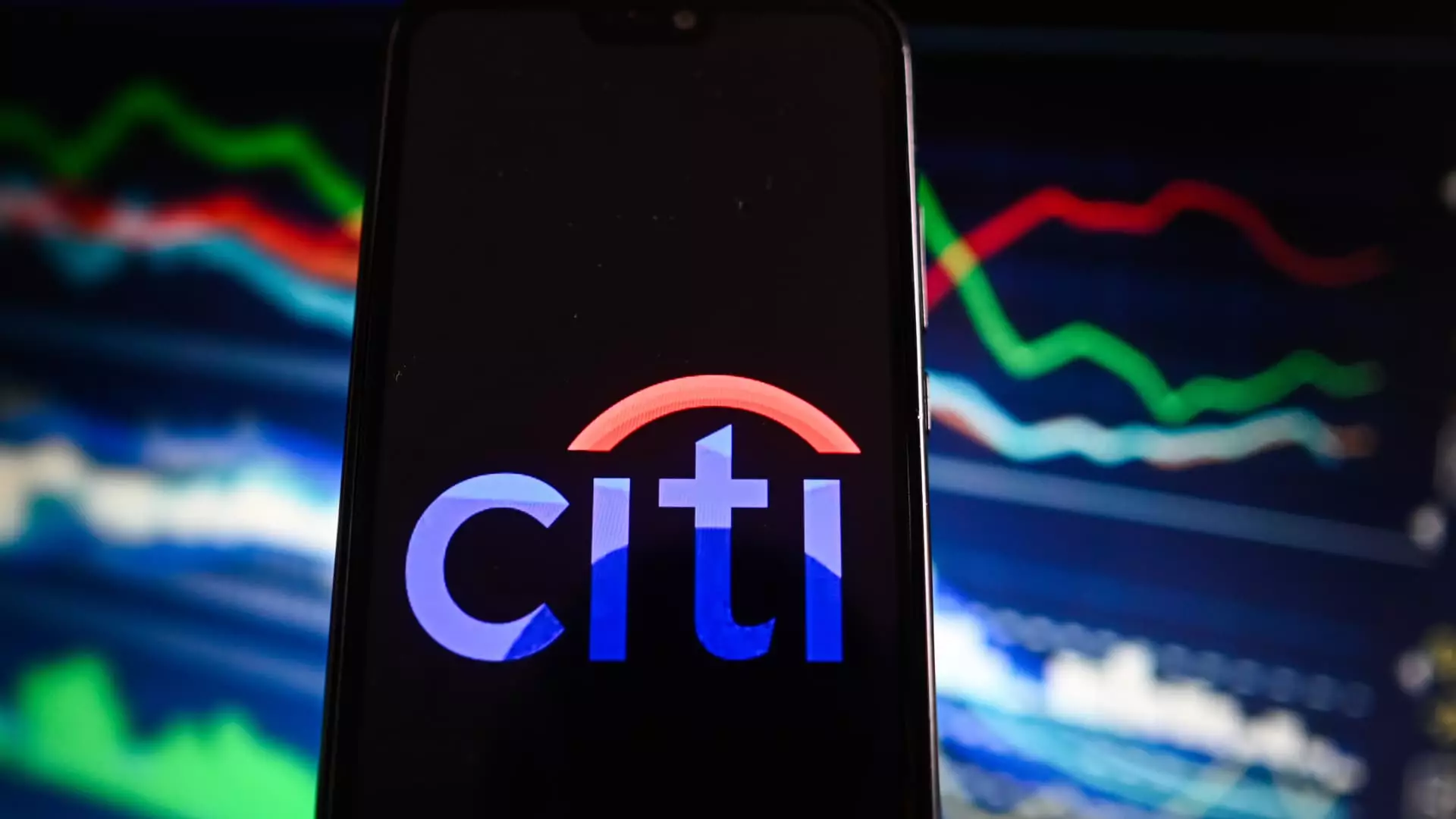In the wake of the latest presidential election, shares of major banks experienced a notable surge during overnight trading sessions. This uptick can largely be attributed to investor optimism regarding the financial policies expected under a Trump administration. Prominent stocks such as Citigroup saw a robust increase of approximately 5% in after-hours trading on platforms like Robinhood, showcasing a strong bullish sentiment among retail investors. Other financial giants, including Bank of America, Wells Fargo, and Goldman Sachs, also reported significant gains, reflecting a widespread anticipation of favorable conditions for the banking sector.
Understanding Bank Stocks and Political Influence
Historically, the banking sector has shown a high sensitivity to political changes, particularly regarding regulatory frameworks. Analysts indicate that under Republican leadership, including that of former President Trump, there is often a push towards deregulation, which many believe could alleviate operational burdens on financial institutions. As a result, traders closely monitor election outcomes not just for the immediate market reactions but also for the long-term implications these outcomes may have on financial policies affecting big banks.
TD Cowen analyst Jaret Seiberg pointed out that a potential reduction in the oversight of the Consumer Financial Protection Bureau (CFPB) would be particularly advantageous for financial institutions. The expectation that Trump would prioritize rolling back stringent regulatory mandates could inspire confidence among investors, leading to favorable trading conditions within the banking sector. Indeed, the matter of anticipated deregulation underlines the kind of volatility that investors often face.
The Broader Economic Landscape
While the immediate benefits to banks may seem enticing, it is also essential to consider the broader economic ramifications. Trump’s potential policies regarding tariffs and immigration could introduce inflationary pressures that might overshadow the benefits expected from deregulation. Analysts frequently caution investors about the dual-edged sword of political policies—while financial deregulation might create an environment conducive to bank growth, other actions could lead to economic instability.
Furthermore, the possibility of lower capital requirements and continued favorable regulations surrounding credit cards and cryptocurrency can create opportunities for banks to innovate and expand their service offerings. However, these potential gains must be balanced against the risks posed by unpredictable tariff policies and enforcement practices.
While there is substantial optimism surrounding the banking sector in response to a Trump-led administration, it is crucial for investors to approach with a balanced perspective. The financial sector may indeed thrive under certain regulatory rollbacks, yet the potential economic headwinds resulting from more aggressive fiscal policies may counterbalance these advantages. As developments continue to unfold, both investors and financial analysts will need to navigate this complex landscape carefully, weighing immediate gains against long-term economic implications. The path ahead is fraught with uncertainty, warranting a cautious yet strategic approach to investment in bank stocks.

